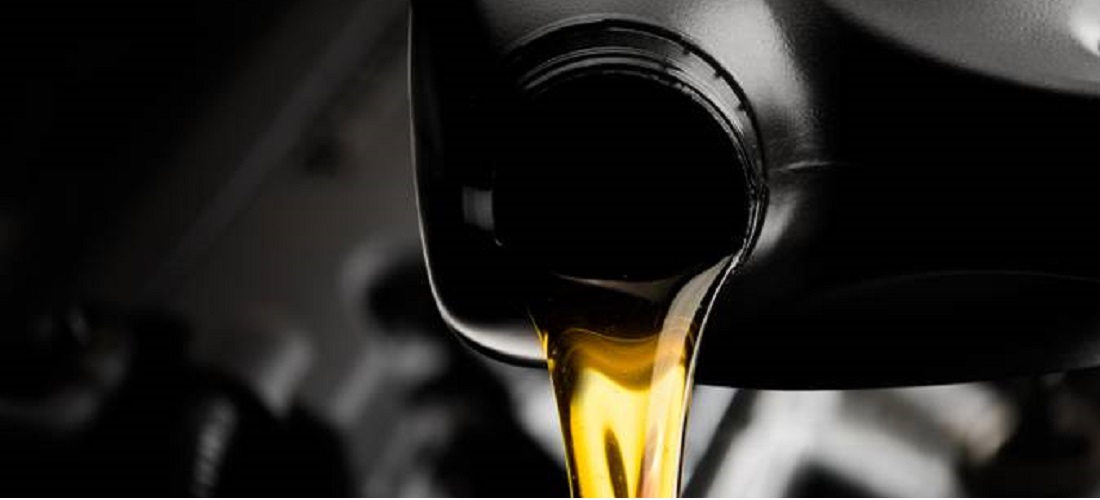
Brazilian fuel imports fall in 2023 after surge in domestic output
Jan, 31, 2024 Posted by Gabriel MalheirosWeek 202405
Brazil has decreased fuel imports in 2023 after a surge in domestic production, pointed out a study by consultancy StoneX based on data from the federal government’s Secretariat of Foreign Trade (Secex). Diesel imports dropped by 8.8% compared to 2022, totaling 14.71 billion liters. Albeit the drop, the figure stands as the second-highest volume on record. Gasoline imports saw an 8.2% decline (4.16 billion liters).
In December alone, Brazil imported 1.91 billion liters of diesel, possibly as an attempt by refineries to act before the re-establishment of federal taxes on diesel A (without the addition of biodiesel).
Bruno Cordeiro, energy analyst at StoneX, explains that the reduced fuel imports in 2023 reflect an expansion of A-type diesel production by Brazilian refineries, primarily those owned by Petrobras. Additionally, in March of the previous year, the government decided to increase the biodiesel blend in diesel from 10% to 12%.
Certain common factors affect both gasoline and diesel, such as the rise in Brazilian output from refineries running at full capacity, mostly as a result of Petrobras’ efforts. Furthermore, a higher blend was permitted in the particular case of diesel, which logically results in a decreased demand for diesel A. According to Cordeiro, “the parity below 70% on ethanol in gasoline increased purchases of the biofuel, which became more competitive at the pumps.”
Ethanol sales rose by approximately 4.5% in 2023 compared to 2022, rebounding after three years of consecutive drops, according to data from the National Petroleum, Natural Gas and Biofuels Agency (ANP).
The Brazilian Biofuels Producers Association (Aprobio) emphasizes that companies in the sector delivered a record 7.34 billion liters of biodiesel to distributors last year, about 20% higher than in 2022. “We are ready to advance to at least B20, benefiting large urban centers in the short term without changing engines and incurring costs for new refueling infrastructure,” says Aprobio’s executive superintendent, Julio Cesar Minelli.
PETROBRAS POSTS RECORDS
Petrobras data confirms StoneX’s analysis. The company notes that S-10 diesel production reached a monthly record in October 2023 at 2.38 billion liters, topping the previous mark set in July. The company’s refineries reached 97% utilization in September for the second consecutive month. The refinery utilization factor reached 96% in the third quarter of 2023, the best quarterly result since 2014.
Despite this, it is a consensus among market players that Brazil will continue to depend on importing at least part of its demand. “Brazil will remain dependent on diesel oil imports for many years to come. Consumption has a strong correlation with GDP, and expectations are for growth in the coming years. We believe that national refineries have already reached maximum utilization rates and, therefore, should not offer higher volumes than those provided in 2023,” explains Araujo.
The Abreu e Lima Refinery, on the southern coast of the state of Pernambuco, resumed its expansion works in early 2024 after eight years of suspension. According to Abicom, it could increase Petrobras’ diesel production. “It will increase diesel oil production until 2028, but the additional volume will not be enough to offset the natural increase in demand for this product,” says the association’s executive.
RUSSIA BECOMES BRAZIL’S LARGEST DIESEL SUPPLIER
Historically, the United States has been Brazil’s main diesel supplier. However, in 2023, this scenario changed, with Russia leading the market in the country, accounting for over 50% of the total imported. Brazil benefited from discounts on Russian diesel compared to other sources, as it faced a European embargo due to the conflict with Ukraine.
“In 2023, we saw a structural change in diesel imports. Russia became our main fuel supplier, and for them, we became the second-largest buyer, only behind Turkey, and this scenario is expected to continue in 2024,” says Cordeiro.
FUEL SALES GREW IN 2023
Despite lower fuel imports in 2023, sales increased over the past year. According to preliminary data released by the National Petroleum Agency (ANP) and analyzed by StoneX, the consumption of B-grade diesel (with biodiesel blend) reached a record in the country at 65.50 billion liters, 3.56% higher than in 2023. In the case of C-grade gasoline, sales totaled 46 billion liters last year (+6.90%). ANP will release consolidated data for 2023 at the end of this month.
According to consultancy analysis, the high consumption of fossil fuels in the country paralleled positive economic performance, along with an increase in grain production, which raised demand for freight in the first half of the year.
OUTLOOK FOR 2024
For 2024, StoneX expects continued strong imports of A-grade diesel, as despite the country expanding its production, it remains heavily dependent on external refining, with its refineries operating at full capacity. In parallel, diesel B consumption, according to the consultancy, is expected to soar to a new record compared to 2023, reaching a total of 66.50 billion liters.
“The demand for diesel is expected to grow, but we have a situation of a new increase in the biodiesel blend, and this is expected to lead to exponential growth in biodiesel in this new year. Even with this growth, we expect the market to balance so that the entire supply comes from the domestic market,” explains the StoneX analyst.
Source: Notícias Agrícolas
Click here to read the original text: https://www.noticiasagricolas.com.br/noticias/petroleo/369091-importacao-de-combustiveis-pelo-brasil-cai-em-2023-com-refino-interno-em-capacidade-maxima.html
-
Ports and Terminals
Aug, 16, 2022
0
Imbituba sees 2nd best monthly throughput for July: 700K tonnes
-
Meat
May, 31, 2021
0
Brazil expands foot-and-mouth-disease-free-with-vaccination territory
-
Blog News (ENG)
Oct, 06, 2022
0
Brazil’s growers target Middle East, China as potential fruit-buying markets
-
Ports and Terminals
Aug, 31, 2022
0
Port of Santos’ STS20 terminal reinaugurates with new infrastructure; 200 jobs created


